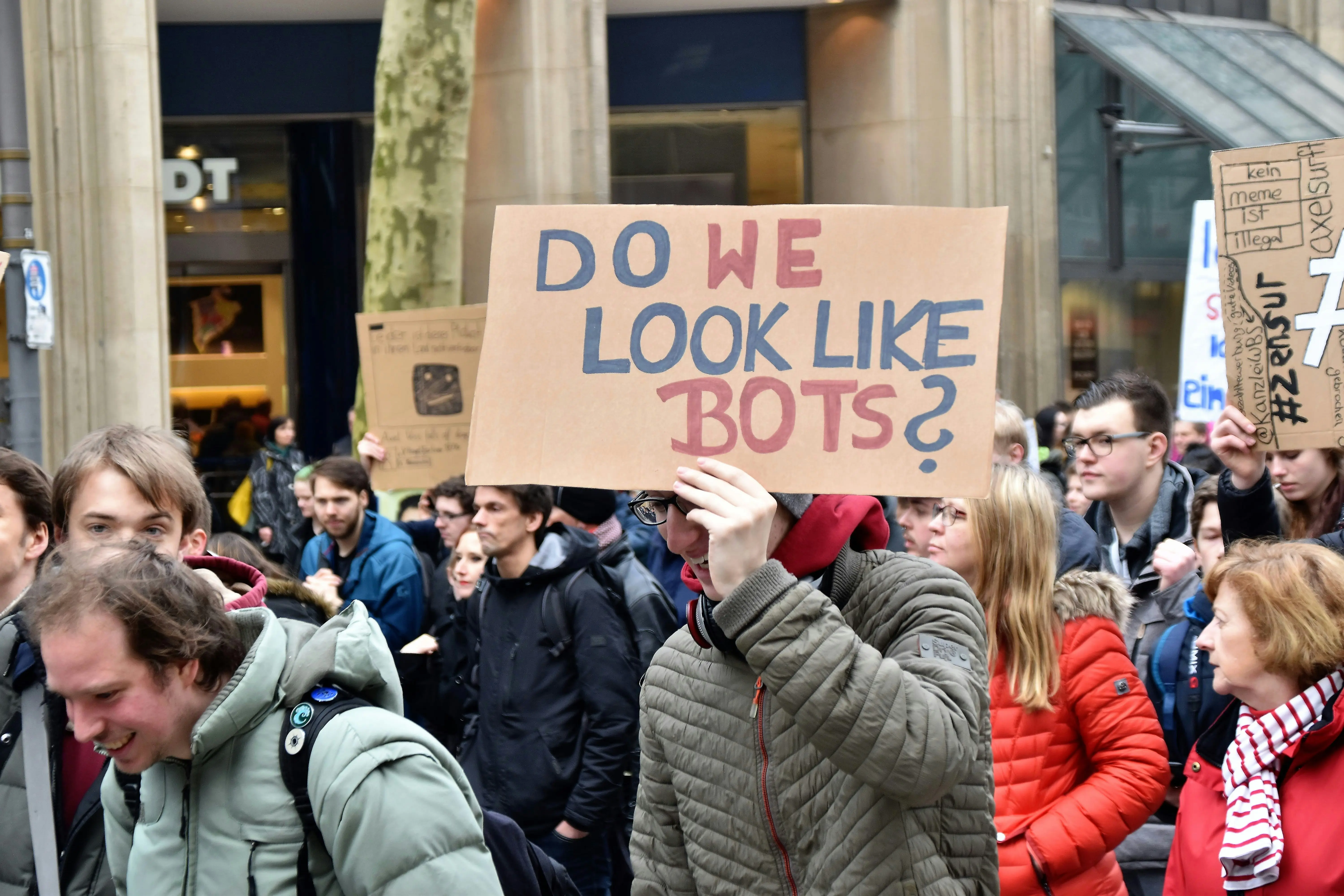Marginalized Americans Don’t Trust AI, Study Finds

While tech companies continue to promote artificial intelligence as a tool for efficiency, fairness and progress, many marginalized Americans remain unconvinced, and deeply skeptical.
A new study from the University of Michigan reveals that people from historically underserved groups, including Black, Latino, and low-income Americans, are far more likely to view AI not as a helpful innovation, but as a threat to their safety, dignity and access to opportunity.
“AI is being sold as a great equalizer, but our findings show that for many people, it feels like the opposite,” said Eleanor Shockett, co-author of the study and research fellow at U-M’s Ford School of Public Policy.
The research draws on interviews and focus groups across multiple U.S. communities, where participants expressed deep concerns about how AI might be used in policing, hiring, housing, and surveillance. Many said they felt excluded from the design process, and worried that AI would reinforce discrimination, not correct it.
One respondent described AI as “a tool to automate bias faster and with fewer consequences,” while another said, “We’re always the ones being experimented on.”
The study points out that public trust in AI is not evenly distributed. While some communities may view algorithms as neutral or beneficial, others see them as black boxes of control, developed without accountability or representation. And those differences matter, because AI is already being used to make decisions that profoundly affect people’s lives.
The report calls for greater community engagement, transparency in development, and more diverse voices in tech governance. It also emphasizes that building trust requires more than better algorithms, it demands structural change and real input from those who have historically been sidelined by technological systems.
With AI advancing rapidly and embedding itself in everything from health care to hiring, the researchers warn that ignoring these concerns risks deepening social inequalities, not bridging them.
Until AI development becomes truly inclusive, for many marginalized Americans, it will remain not a promise, but a warning.